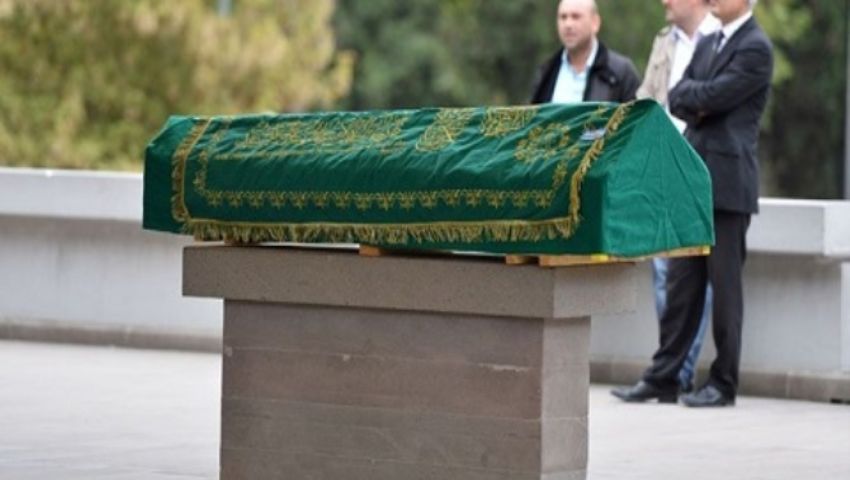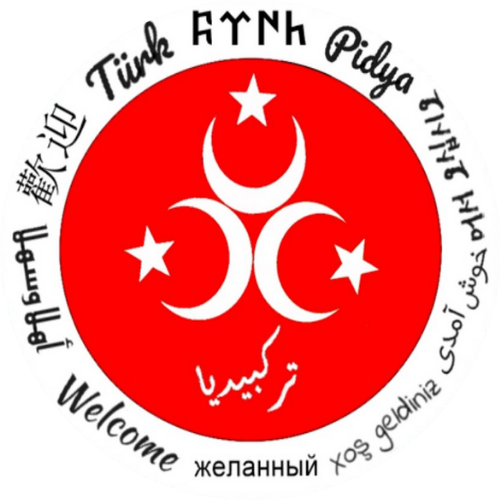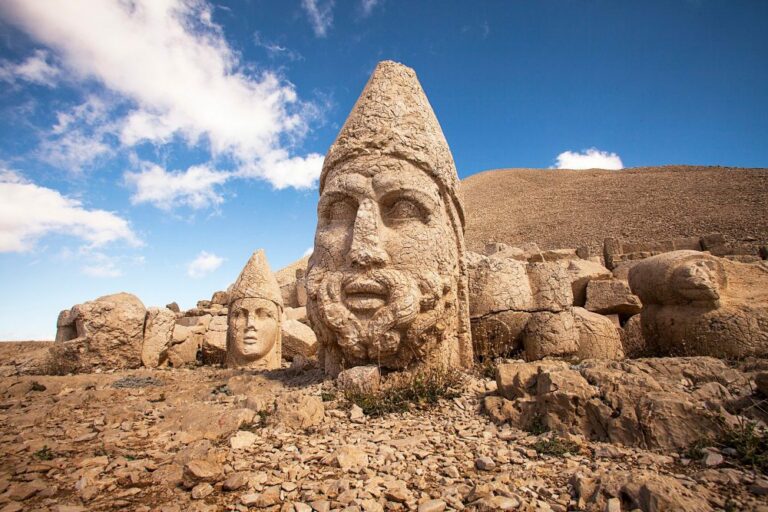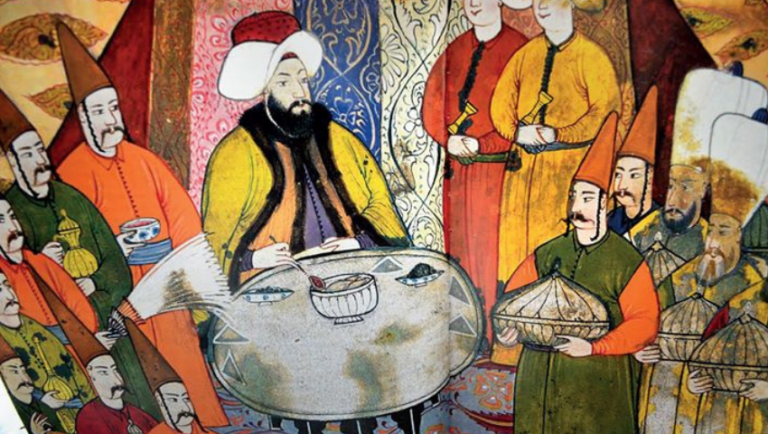Funerals in Turkey: A Guide to Burial, Repatriation & Bureaucracy
Table of Contents
Losing a loved one is one of life’s most difficult experiences. But when it happens abroadin a country with a different language, foreign laws, and unfamiliar traditionsgrief can quickly be overshadowed by bureaucratic panic.
In Turkey, the clock ticks differently when it comes to death. Everything happens much faster than in Western countries. This guide takes you by the hand and leads you through the processfrom the first phone call to the final resting place.

Step 1: Immediate Actions After Death
Your first move depends entirely on where the death occurred. In Turkey, speed and precision are vital to avoid legal complications.
Scenario A: Death at Home
If a family member passes away at home, dial the nationwide number 188 (Cenaze Hizmetleri) immediately. This is the official municipal funeral hotline.
- Natural Death: A municipal doctor (Belediye Tabibi) or the family doctor (Aile Hekimi) will arrive to examine the body. If they confirm a natural death, they will issue the Death Certificate (Ölüm Belgesi) on the spot.
- Critical Rule: Do not touch the body or change anything in the room until the doctor has arrived and completed their assessment.
- Suspicious Cases: If the doctor has any doubts regarding the cause of death, the police (155) and the prosecutor’s office will be involved. The body will then be transferred to the Forensic Medicine Institute (Adli Tıp Kurumu) for an autopsy.
Scenario B: Death in a Hospital
This path is bureaucratically simpler. The hospital administration issues the death certificate directly. Your main task is organizing transport. In many cases, hospital staff can assist in contacting the municipality or a private funeral director.
Note: Administrative processes can slow down if the death occurs during Turkey’s Public Holidays, so check the calendar if you face delays.
The Most Important Document: The Death Certificate (Ölüm Belgesi)
Nothing moves without the “Ölüm Belgesi.” You need it for the burial, repatriation, and later for inheritance matters. Here is the insider tip for expats: Do not just accept the standard local certificate. You must explicitly ask for the International Death Certificate (Formül C).
The Formül C is multilingual and internationally recognized. Securing this now will save you hundreds of dollars in certified translation and notarization fees when you deal with authorities in your home country later.
Documents Required for Issuance:
- The deceased’s Passport or Residence Permit (Ikamet).
- The applicant’s (next of kin) Passport.
- Medical reports regarding pre existing conditions (if death occurred at home).
If you need assistance with validating these documents for use abroad, read our complete guide on the Legalization of Foreign Documents in Turkey to understand the specific Apostille requirements.
The Decision: Burial in Turkey or Repatriation?
Once you have the paperwork, you face a major choice: Should the burial take place locally in Turkey, or should the body be repatriated to the home country?
Option A: Burial in Turkey
Since Turkey is a Muslim majority country, public procedures follow Islamic traditions. This primarily means speed. Funerals often take place as early as the next day. As a relative, you must make quick decisions if you need to delay the process for family to arrive.
Cost of Graves (2025/2026 Outlook):
Prices vary drastically by city and location. In Istanbul, the municipality (IBB) categorizes cemeteries into four price groups:
- Group 1 (e. g., Zincirlikuyu, Karacaahmet): An empty grave plot here now costs over 100,000 TL.
- Group 4 (Outskirts): Plots here are available for a few thousand Lira.
- Funeral Services: Basic municipal services (hearse, ritual washing, shroud, transport coffin) are often free or very low-cost for Turkish citizens and frequently for residents as well.
For non Muslims, major cities like Istanbul, Izmir, and Ankara have dedicated cemeteries or separate sections. The fee for an empty grave in a non Muslim cemetery in Istanbul is approximately 23,000 TL (2025 rates).
Option B: Repatriation (Returning Home)
Transporting a body abroad is complex and strictly regulated. Cooperation with a specialized funeral company (see list below) is almost unavoidable to navigate the red tape.
The Process:
- Yol İzin Belgesi: You need a transport permit from the municipality.
- Consulate: The death must be registered with your home country’s consulate. They will issue a “Mortuary Passport” (Laissez Passer for the corpse) for entry into your country.
- Special Coffin: International aviation law requires a zinc lined, hermetically sealed coffin for air transport.
- Customs & Health: The body must be cleared by customs and requires a certificate stating no infectious diseases are present.
Critical Fact: No Cremation in Turkey
This is often a shock for Western expats: There are no operational crematoriums in Turkey. While cremation is not explicitly illegal in secular law, there are no facilities to perform it because it contradicts Islamic burial customs.
The Solution: If the deceased’s last wish was cremation, the body must be repatriated to a country with cremation facilities (e. g., UK, Germany, USA). However, bringing the ashes (urn) back into Turkey after cremation abroad is permitted, provided the paperwork (Urn Certificate) is in order.
Understanding Burial Traditions
Even if you are planning a Christian or secular ceremony, it helps to understand the local environment. Muslim funerals are characterized by simple dignity.
Every soul shall taste death.
Quran (3:185)
The body is ritually washed and wrapped in white shrouds (buried without a coffin, except during transport). The funeral prayer is often spoken at the mosque. Ostentatious headstones or loud mourning ceremonies are uncommon. This atmosphere of quiet and humility also characterizes the cemeteries.
English and German Speaking Funeral Directors
These companies specialize in the repatriation of foreigners and communication with consulates. Navigating this alone is not recommended.
Ankara
| Name | Contact | Specialty |
|---|---|---|
| DOLUNAY FUNERAL SERVICES | Tel: +90 312 432 54 32 Email: [email protected] | International Repatriation, English speaking staff |
Antalya
| Name | Contact | Specialty |
|---|---|---|
| HIZIR INTERNATIONAL ASSISTANCE | Tel: +90 544 544 544 0 Email: [email protected] | Experienced with tourist cases on the Riviera, 24/7 Service |
Istanbul
| Name | Contact | Specialty |
|---|---|---|
| BERÇKAÇ ORGANISATION | Tel: +90 212 252 85 55 Emergency: +90 532 473 82 57 | Market leader for non Muslim burials & repatriation |
Conclusion
Dealing with a death in Turkey is an organizational challenge, but you are not alone. Use the 188 hotline for the initial steps, insist on the international “Formül C” document, and do not hesitate to hire professional funeral directors to handle the paperwork war. This allows you to focus on what truly matters: saying goodbye.
If you find yourself in a difficult legal or financial position regarding the estate, our guide on the Notary Public in Turkey can help you understand how to handle powers of attorney and inheritance documents.







